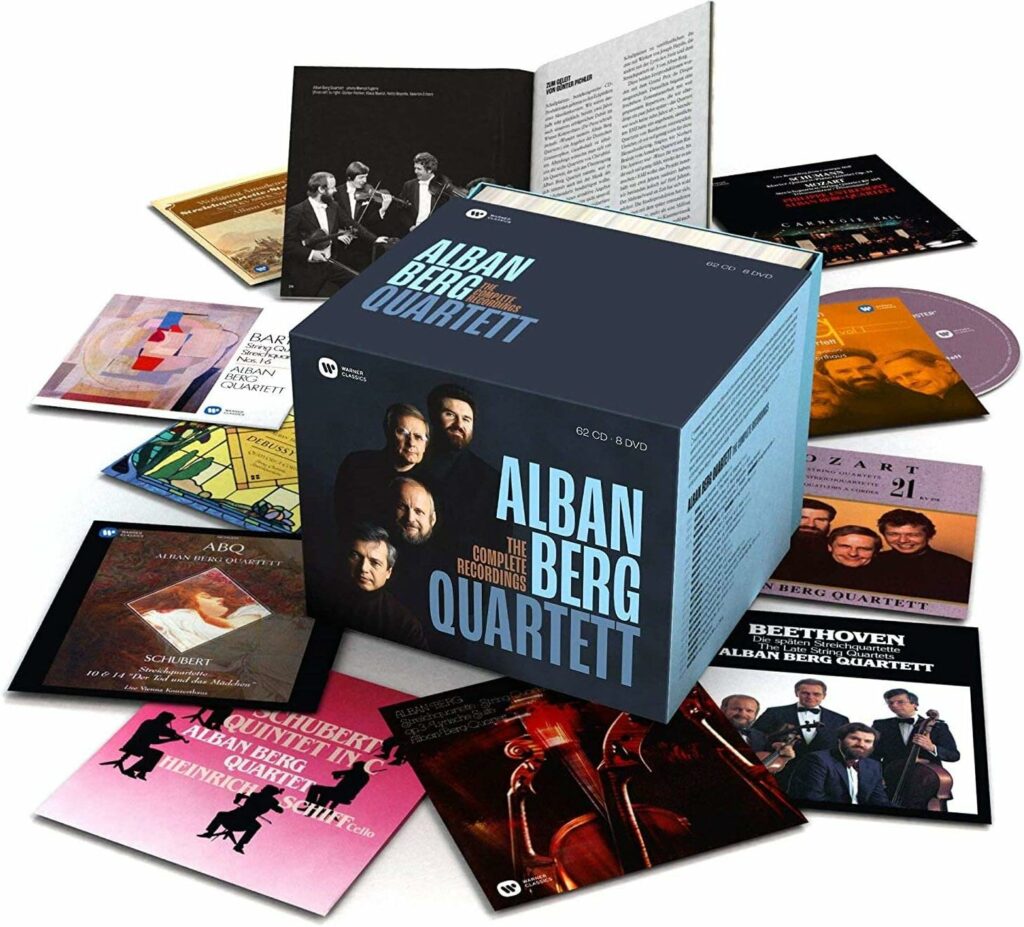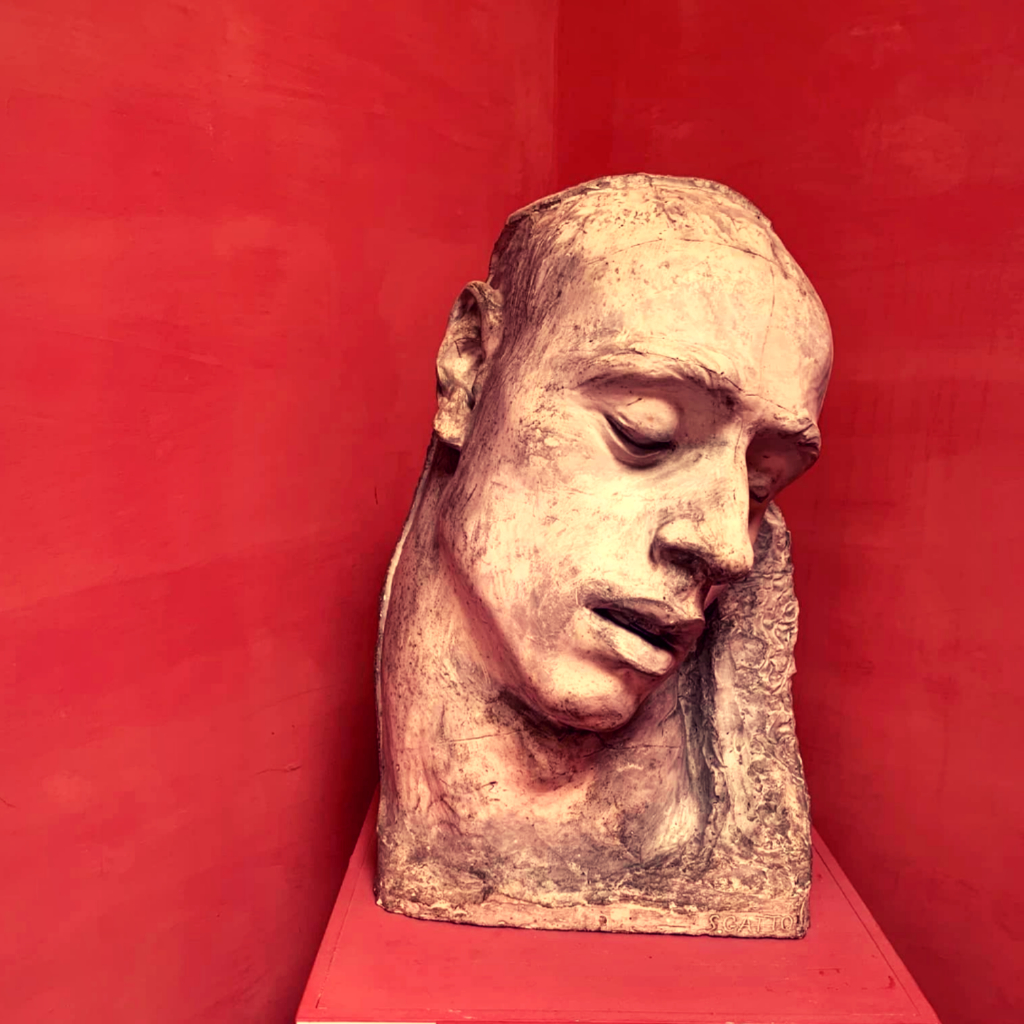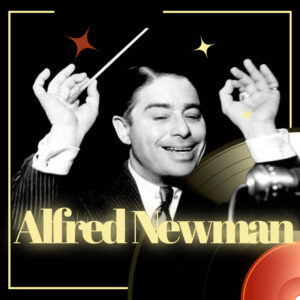
Alban Berg, a Viennese composer born in Vienna on February 9, 1885, was a leading proponent of the “new music” movement prior to and during World War I, with Arnold Schönberg and Anton Webern. After learning the twelve-tone method from his mentor and friend Arnold Schönberg, Berg produced works that used the technique unconventionally because, despite the limitations of twelve-tone music, Berg still aimed to preserve conventional tonal relationships and give his compositions a remarkable amount of expressiveness. With the world premiere of his opera “Wozzeck” in 1922, Berg transformed our perception of opera and rose to prominence as a major advocate of the avant-garde in music. Berg’s compositions were branded as “degenerate” during the Nazi takeover; he was unable to finish his opera “Lulu” and passed away.
I can tell you, dearest friend, that if it became known how much friendship, love and a world of human and spiritual references I have smuggled into these three movements, the adherents of programme music — should there be any left — would go mad with joy.
The first encounters with life Berg suffered in his youth — the death of his father, the worsening of the family’s financial situation, the worsening of the disease (from the age of 15 he suffered from asthma) — all led to the eighteenth-year-old’s idea of suicide.
Music is at once the product of feeling and knowledge, for it requires from its disciples, composers and performers alike, not only talent and enthusiasm, but also that knowledge and perception which are the result of protracted study and reflexion.
Fortunately, a severe mental crisis has been overcome. Fate has brought him together with already-recognized composer and educator Arnold Schoenberg. Berg was 13 years younger, but the composers had a lifelong, deep friendship. Both, by the way, had no systematic musical education. The teacher of Berg was Schoenberg himself, whose evening courses the young composer attended.
The first works of Berg are in dodecaphony technique. These include «Piano Sonata» (1908), «First String Quartet» (1910), clarinet and piano plays (1913), in which the so-called all-interval series is applied. In «Three Excerpts for the Orchestra» (1914) the author already masters all the characteristic features of the orchestral composition of the new Vienna school.
Alban Berg was one of the most enlightened promoters of Schoenberg’s ideas. He analysed his works in a number of articles, which included keyboards (quoted from music for piano). While Schoenberg was a rational musician, Alban Berg never concealed his spontaneity and inclination to the sensual comprehension of the world, which was reflected in his works. He was not always consistent as a proponent of dodecaphony and tonal music if he felt that a particular musical expression required a violation of these strict composing principles. Having joined the theoretical founder of dodecaphony, his teacher, Alban Berg, did not become his absolute follower; he managed to preserve his individual talent, connected with the rarity of the emotional power of musical speech, and did not break with the late Romanticism in language and the figurative content of his compositions. Therefore, Berg was sometimes called «the romance of dodecaphony».
From 1915 to 1918, Berg was in military service; he worked in Vienna as a clerk, as asthmatic patients were not to be sent to the front. But he has learnt enough about the war to experience the tragedy of the life of the granger in the drama of Buchner Wozzeck. This prosaic text he transformed into the world-famous opera Wozzeck, written by him in 1917–1921.
I think the origin of all this clamour for tonality is not so much the need to sense a relationship to the tonic, as a need for familiar chords: let us be frank and say “for the triad”; and I believe I have good reason to say that just so long as a certain kind of music contains enough such triads, it causes no offence, even if in other ways it most violently clashes with the sacred laws of tonality.
The composer’s appeal to the masterpiece of Georg Buchner was a bold act: for the first time in world opera literature, the hero was a small slaughtered man! Even Russian composers, representatives of opera realism, have passed by this most acute problem. It is known that Buchner created his drama on the basis of personal impressions from the criminal case file about the murder of the barber Wozzeck in the jealousy of his lover. Rumours of this high-profile case have been circulating for years. The playwright, drawing from the real events, has given them a high artistic generalisation.
The composer first saw Buchner’s play on the stage in the spring of 1914 and was delighted by it.

Alban Berg’s “Constructive Rhythm”
Wolfgang Martin Stroh, Perspectives of New Music, Vol. 7, No. 1 (Autumn – Winter, 1968), pp. 18-31 (14 pages)
The essence of the artistic concept of the opera Wozzeck in the characteristic for expressionism: the drama crushed by the life of small people and fatal predetermination of their acts and events. Wozzeck spends his days in the German small town, which ruins him by personifying him as the stupid Tambourmajor, the Doctor and the Captain.
Music is a sensitive barometer of the states and moods of the heroes. The composer’s main characters – Wozzeck and Maria – excelled. All shades of their life experience, inner soul and actions are extremely emotional, expressively transmitted in music.
The music of the opera as a whole is not subordinated to the key principle and is replete with sharp, extremely dynamic, characteristic intonations. Berg’s musical speech does not look like a song, an arid or even a recitation style. It is a new type of melody, closely related to the word and convex, embodying the spoken melody from the tone of moaning, begging to screaming, agitated delirium. The composer attaches great importance to the expressiveness of the vocal tone and details in the notes the character of the vocal performance.
The expressiveness of musical means and the heightened emotional arousal of intonations are aimed at convincing exposition of images, plot twists and involve the listener in empathy; it is as if he himself senses and experiences everything that happens on the stage.
The premiere of Wozzeck Berg took place in Berlin in 1925; later the opera became a key musical and dramatic work of the 20th century. The opera was performed on the stage of many theatres in Europe, USA.
However, she also faced opposition from various conservatives who did not want to accept a new kind of artistic truth presented in a somewhat shocking way.
The recognition of Berg at home and abroad was gradually broadened and consolidated. In 1930, he was elected a member of the Prussian Academy of Arts.
Examples of mature creativity of Berg are chamber instrumental compositions; chamber concerto for piano, violins and wind (1925), Lyric suite for strings, quartet (1926). In 1928 the composer started working on the opera Lulu (on the plays Spirit of the Earth and Box of Pandora), but unfortunately did not finish it. Lulu, like the concert for the violin with the orchestra (1935), were performed after his death. In the opera «Lulu» Berg’s taste for lyricism, compared to Wozzeck the intensity of dramatic situations is softened, melodic of vocal parties is more developed.
The pinnacle of Berg’s instrumental work is a violin concerto – a work of a major symphony plan. The comparison of the folk dance tune with the theme of the mourning choral, taken by the cantata composer I. S. Bach, serves as a means of a vivid, dramatic embodiment of the program’s design: the sorrow of leaving life, farewell to a world full of beauty and poetry. Along with Wozzeck this concert became the most often performed and most acceptable for the general public.
In the last year of his life in one of the conversations, Berg, aware of the impending threat of fascism, sadly said, It is good that Handel and Bach were born… not two centuries later!
Alban Berg, a singer of human suffering, is valued above all as a committed humanist. Berg’s work touches the hearts and awakens the idea of a humane destiny.
Berg died a little before his 50th birthday on 24 December 1935.





